Brexit deal: The ink on the deal with the EU was barely dry before the first problem surfaced for Brits
It took less than 24 hours for the first bug to surface in the new Brexit deal with Europe, with Brits incorrectly being barred from flying.
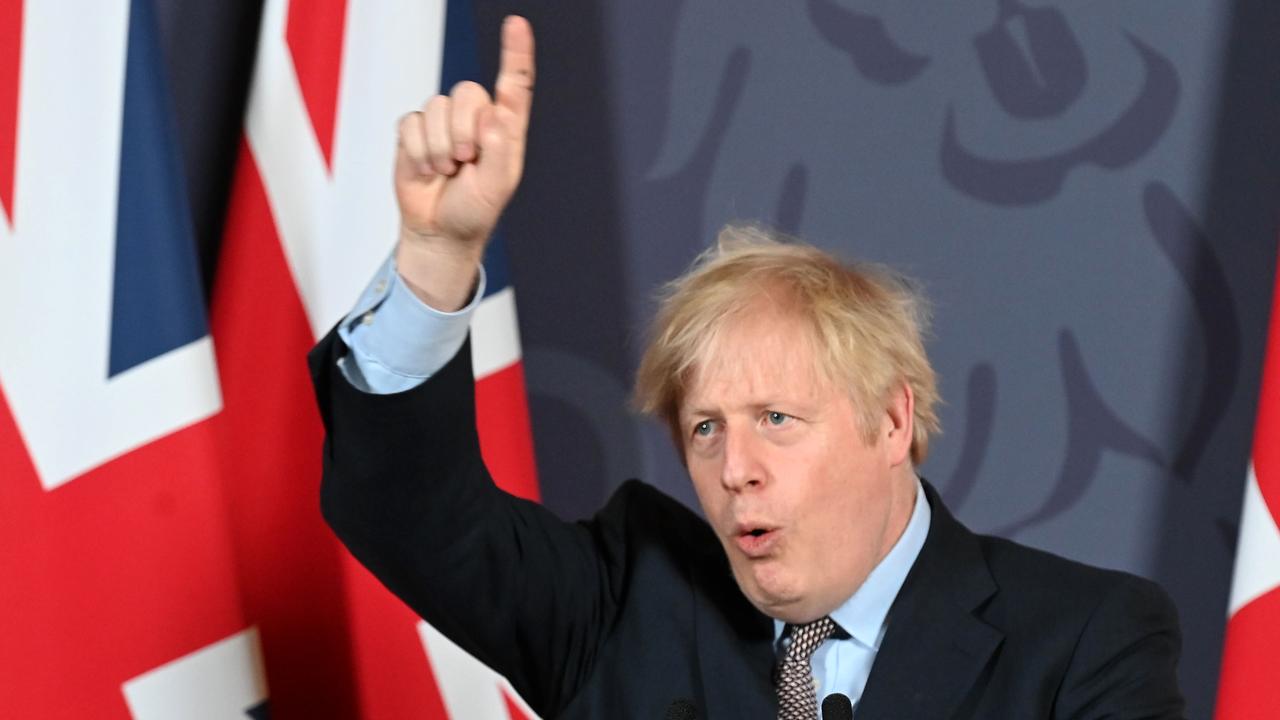
It took just 24 hours for the first Brexit Blooper to sting English citizens when a group of travellers were booted off an international flight for allegedly not having valid ID documents.
British expats were barred from boarding a BA flight to Spain after airline staff claimed their ID documents were no longer valid after Brexit.
The group of expats, who live in Spain, were stopped from getting on the plane to Madrid from London Heathrow after staff told them their papers had expired.
Nine Brits were caught up in the ordeal on January 2 - just one day after Brexit rules came into force.
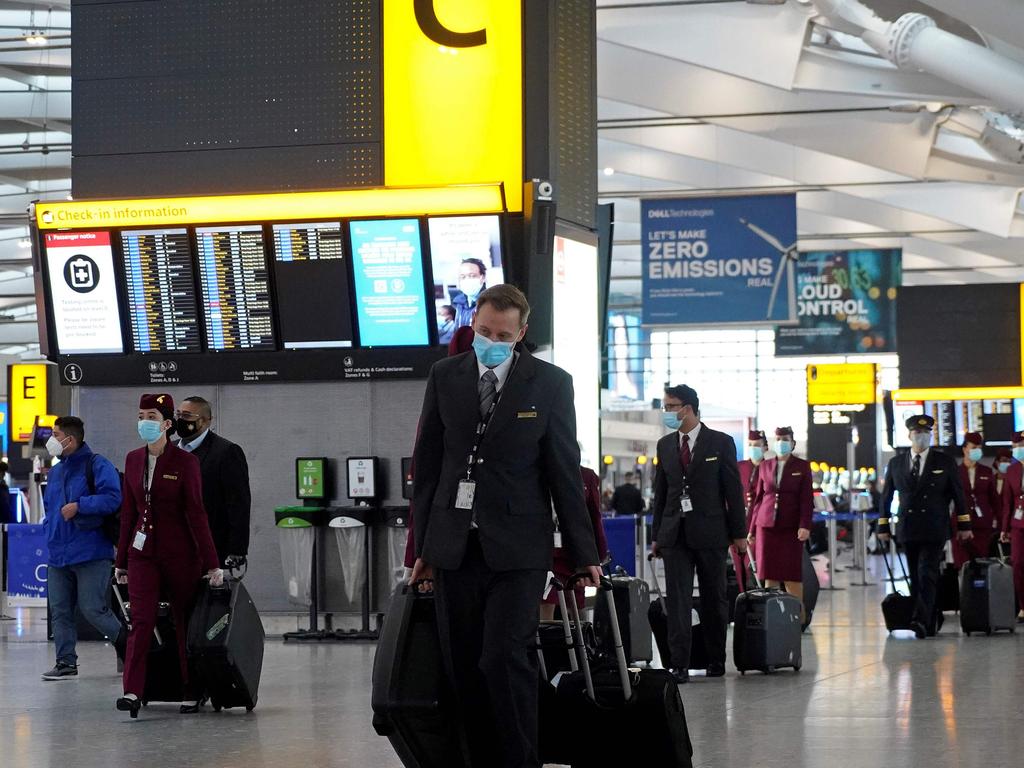
Staff members blocked the passengers from getting on the flight and told them their pre-Brexit ID documents had become invalid since December 31, The Sun reported.
However, both British and Spanish governments had previously agreed that the documents - called the Foreign National Identification document and the new Foreign ID Card - would remain valid despite the transition.
Max Duncan, a Madrid-based British journalist and photographer, reported the incident on Twitter.
Brit residents of Spain distressed as can't fly home from @HeathrowAirport under #covid19 restrictions as @Iberia_en said their green residence certificate not valid post-#Brexit even tho Spain's @inclusiongob and @FCDOGovUK say it is. Need clarity https://t.co/dLWW0pMBFO pic.twitter.com/ZXAwmRHIAV
— Max Duncan (@maximduncan) January 2, 2021
Thank you @ukinspain for reaching out + confirming the green card is valid, that Spain has reconfirmed this too, and that this should not be happening. Anything you can do to help would be v appreciated! https://t.co/Q078cbIRdY
— Max Duncan (@maximduncan) January 2, 2021
What a nightmare. I’ve spoken to other people who heard that it would be ok to rebook on a BA flight only to be refused again. https://t.co/CwTLja5xca
— Max Duncan (@maximduncan) January 2, 2021
The UK’s embassy for Spain replied to Duncan’s tweet saying: “This should not be happening, the Spanish authorities have reconfirmed again this evening that the green residency document will be valid for travel to return to Spain as stated in our travel advice.”
Mr Duncan also recorded a video interview with a distressed couple that wasn’t allowed on the flight.
The woman said: “We arrived here at the airport today and we were told we are not allowed to fly because we have the wrong residency card.
“We were told we have to have the TIE card. We are absolutely gutted.
“We are going home, Spain is home.
“My husband is in urgent need of medical care.”
A couple turned back from 10.55am @Iberia_en flight yesterday boarded the same flight today no problem. But those whose COVID tests are no longer valid have to wait for another negative test to travel. Now @inclusiongob @British_Airways @Iberia_en pls explain what went wrong
— Max Duncan (@maximduncan) January 3, 2021
Patricia Moody, a 69-year-old who has lived in Zurgena, southwest Spain, for nearly four years, was among a group caught up at the airport.
She and her husband had spent $A3000 getting tested for the virus, travelling to the airport, and booking new tickets after they were refused boarding.
But their second attempt also didn’t go to plan.
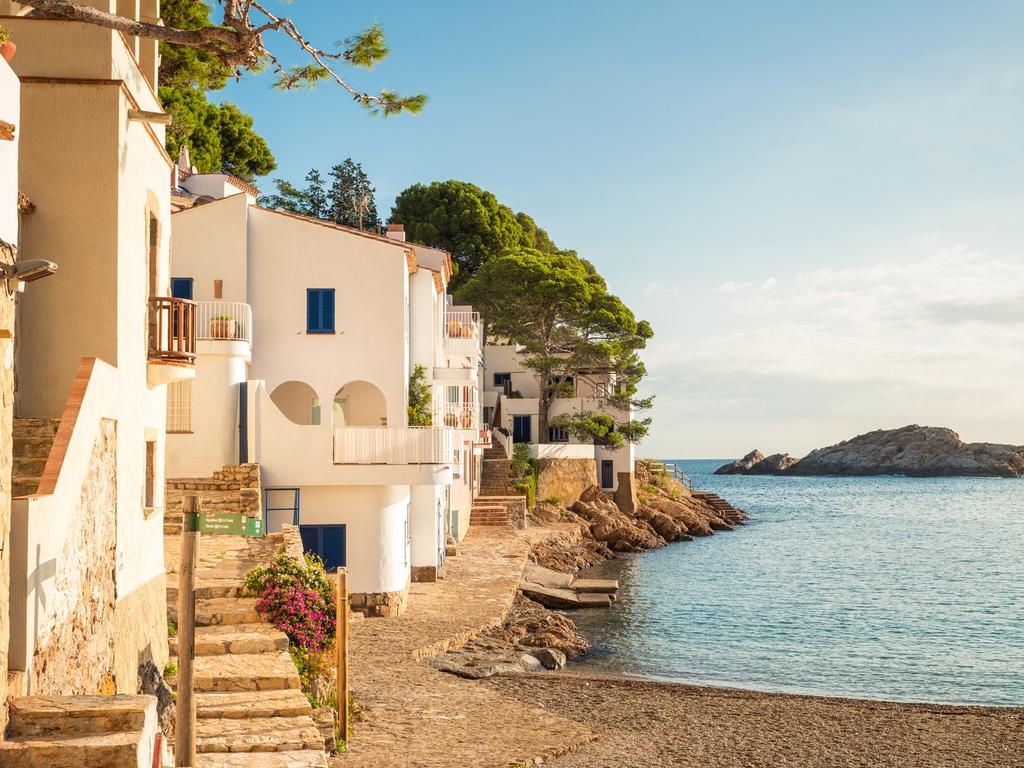
She said: “Throughout all the months of negotiating Brexit, we were always assured that nothing would change for us.”
Sam Dakin, an English-language teacher based in Barcelona for the last four years, and his partner, were also barred from boarding the flight.
He said: “Just because the government adviser said that we could travel, we don’t know whether that will happen when we turn up at the counters.
“We just don’t know where we’re going to get answers.”
Today the Spanish Embassy for the UK tweeted it was “aware” that some British nationals who are residents in Spain had been unable to board a flight.
In a message on Twitter, the embassy wrote: “We are aware that during the current travel restrictions there have been some problems for British nationals resident in Spain who have been denied boarding to return to Spain.
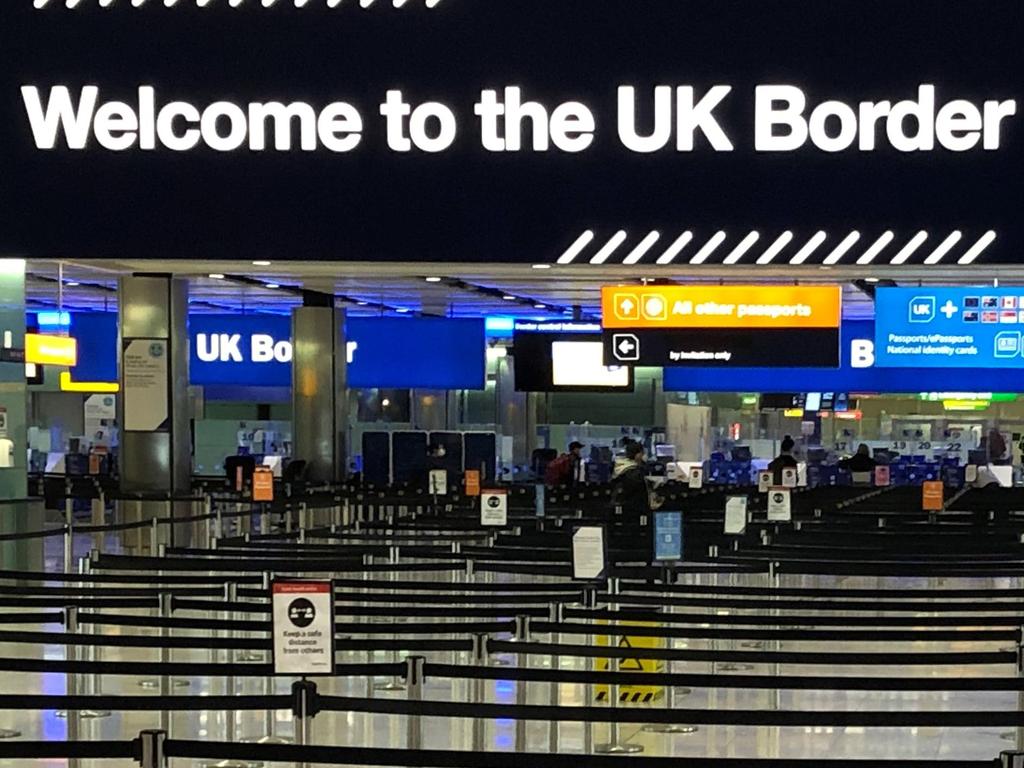
In a message on Twitter, the embassy wrote: “We are aware that during the current travel restrictions there have been some problems for British nationals resident in Spain who have been denied boarding to return to Spain.
“We can also confirm that those UK nationals who can prove that they have started their residency process, but who do not yet have their new TIE card, should also be allowed to board flights to return to Spain.
“The Government in Spain will put in place this measure for a grace period of seven days from January 4.”
In a statement, Spain’s Foreign Ministry said there had been “an isolated communication problem with some airlines that affected a very small number of travellers.”
They added that air traffic between the UK and Spain was proceeding “with normality” by mid-Sunday.
EU-BREXIT DEAL COULD LOCK AUSSIES OUT OF EUROPEAN JOBS
Millions of Australians have begun counting the cost of the UK’s Brexit from the EU as the new arrangements leave them with vastly reduced opportunities to live and work in Europe.
“A new beginning” for Britain was hailed by Prime Minister Boris Johnson as he finally signed his Brexit deal this week.
But the immediate implication for the one million Australians who hold dual citizenship with the UK and for another seven million claiming British ancestry is the loss of an automatic right to live and work in Europe.
Now, dual passport holders merely get tourism rights and the chance to apply for an expensive and complicated visa to enter Europe.
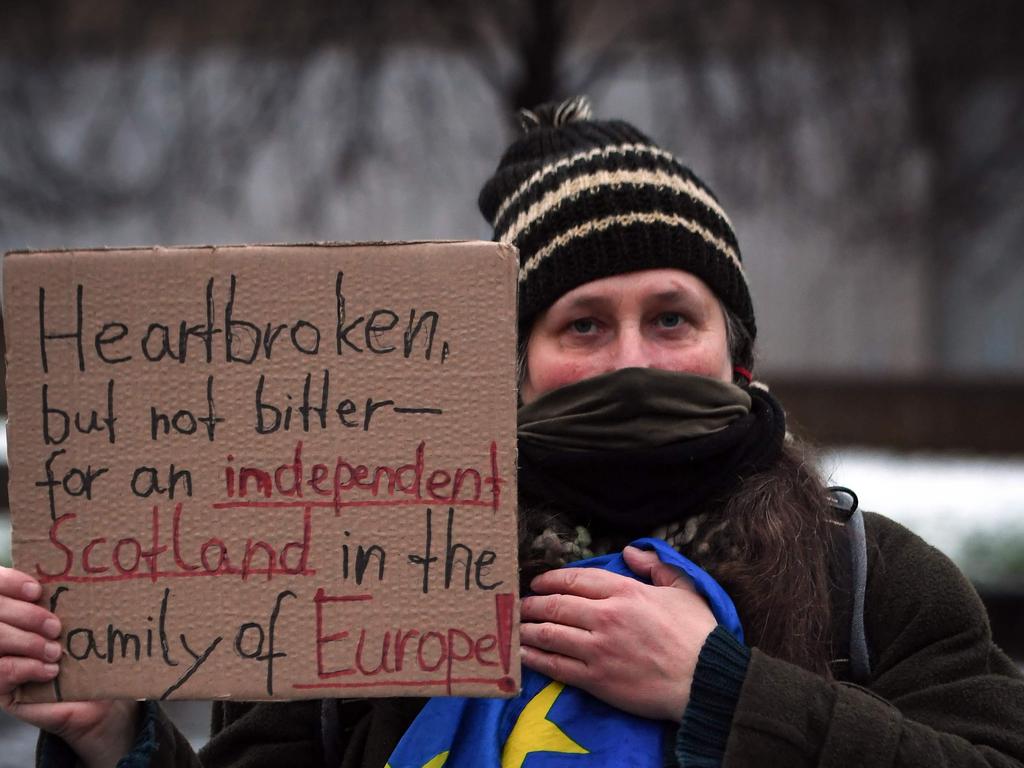
And from today, the EU will no longer recognise a range of professional qualifications held by British passport-holders after Britain decided to opt out of
The DFAT website is careful to dance around the question of whether dual nationals with Australian and British passports will still be able to live and work in the EU.
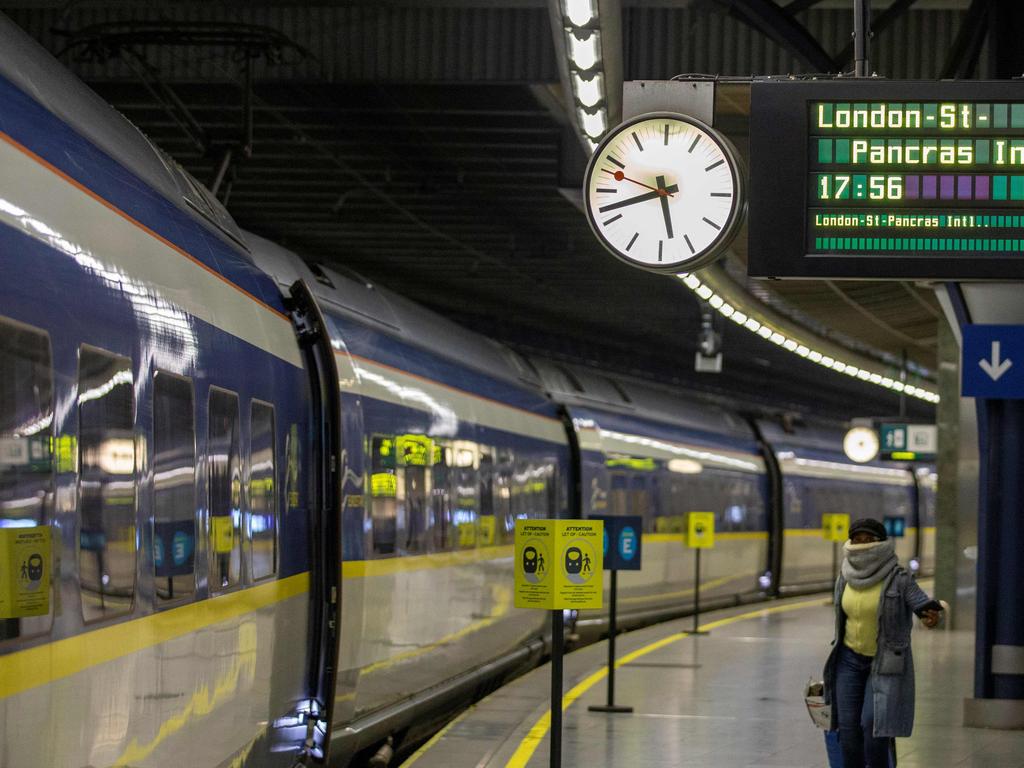
“Australians who plan to live in the UK can use the UK’s visa and immigration tool to seek guidance on visa status and rights to stay, “ DFAT says.
“The UK Government’s EU Exit website also includes specific up-to-date guidance including on travel, residency and employment. Citizens of the EU, EEA or Switzerland can apply under the EU Settlement Scheme to continue living in the UK after 30 June 2021. Such citizens can also view and prove their settled or pre-settled status online.
“Australian citizens should consider whether it is appropriate for them to acquire legal advice and/or engage a migration agent to advise on immigration matters.”
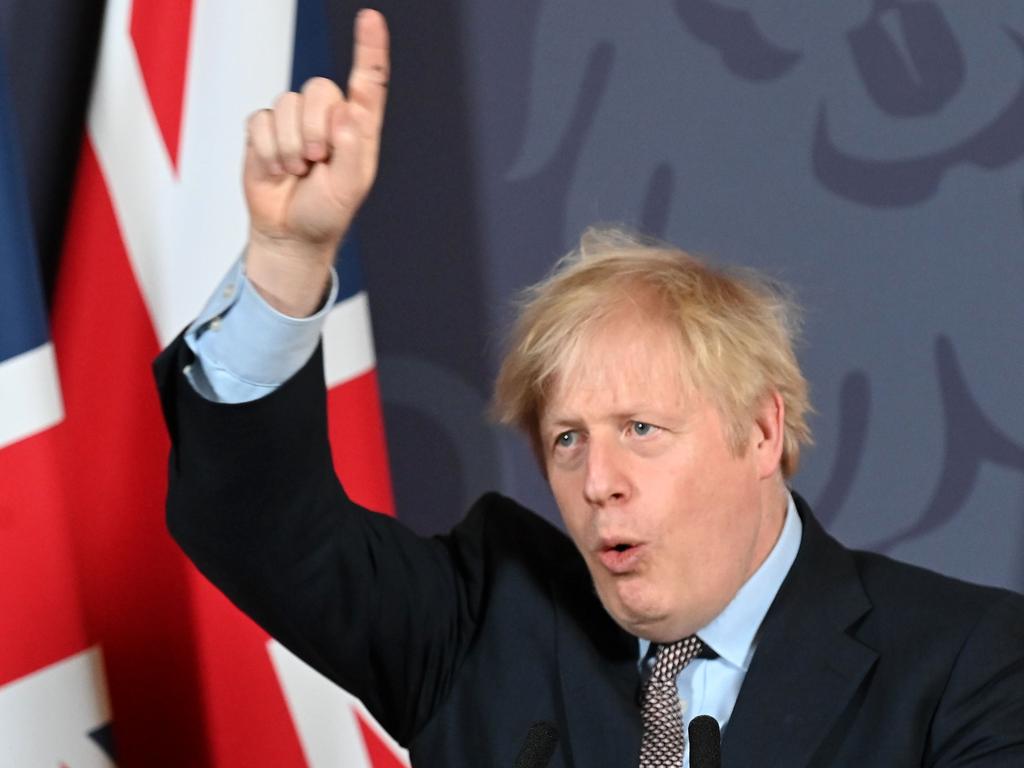
FIVE YEARS IN THE MAKING, WELCOME TO BREXIT
Nearly five years after Britons voted to Brexit, MPs gave the green light to his agreement and now simply needs to be rubber-stamped by the House of Lords and the Queen.
“Having taken back control of our money, our borders, our laws and our waters by leaving the European Union on January 31, we now seize this moment to forge a fantastic new relationship with our European neighbours based on free trade and friendly co-operation,” Mr Johnson said.
“At the heart of this Bill is one of the biggest free trade agreements in the world.”
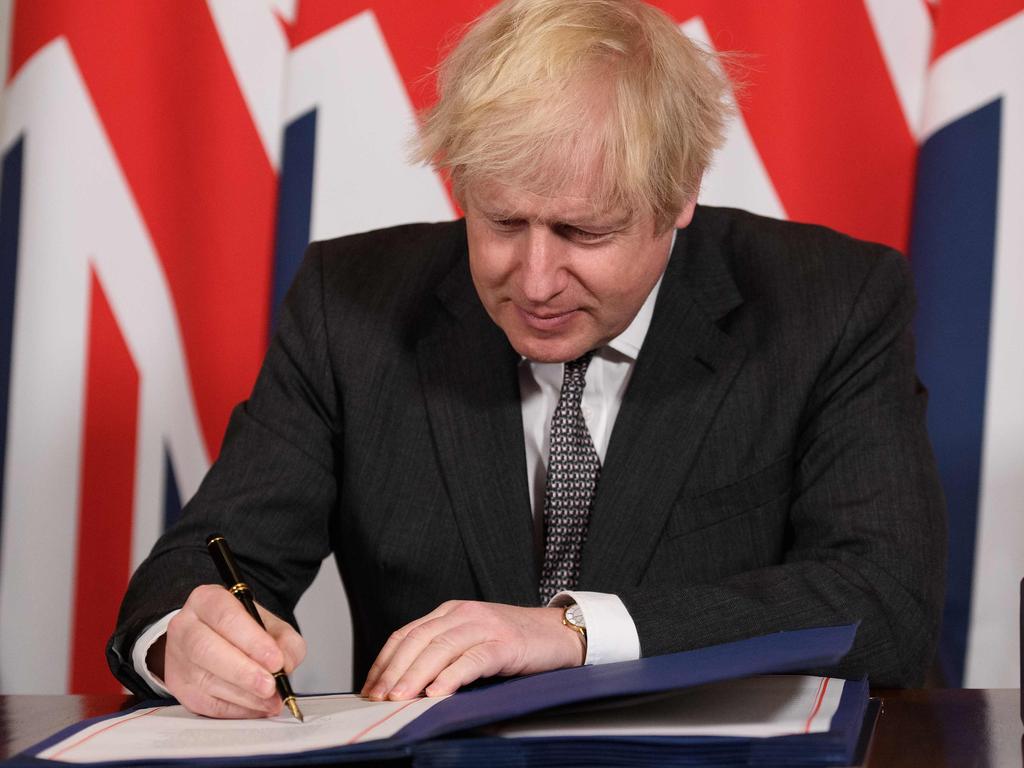
The official copy of the hard-fought 1,200 page trade pact was signed by Ursula von der Leyen, the President of the European Commission, in Brussels Wednesday morning local time before it was flown to London on an RAF jet.
Mr Johnson was then presented with the document in Number 10 as he did the honours and finally brought the curtain down on the Brexit saga which has dominated UK politics since the EU referendum in 2016.
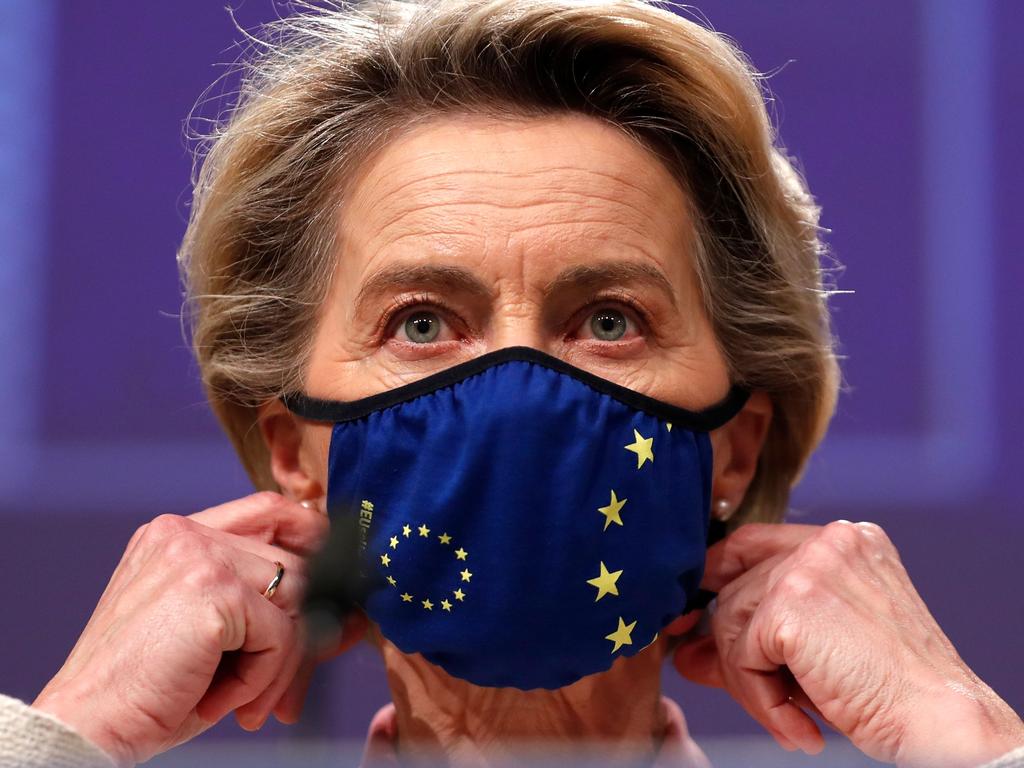
Mr Johnson urged MPs to support the accord because it would resolve “the old and vexed question of Britain’s political relations with Europe, which bedevilled our post-war history’’.0
“We have done this in less than a year, in the teeth of a pandemic, and we have pressed ahead with this task, resisting all calls for delay, precisely because creating certainty about our future provides the best chance of beating Covid and bouncing back even more strongly next year.
“We will now open a new chapter in our national story, striking free trade deals around the world, adding to the agreements with 63 countries we have already achieved, and reasserting Global Britain as a liberal, outward-looking force for good.
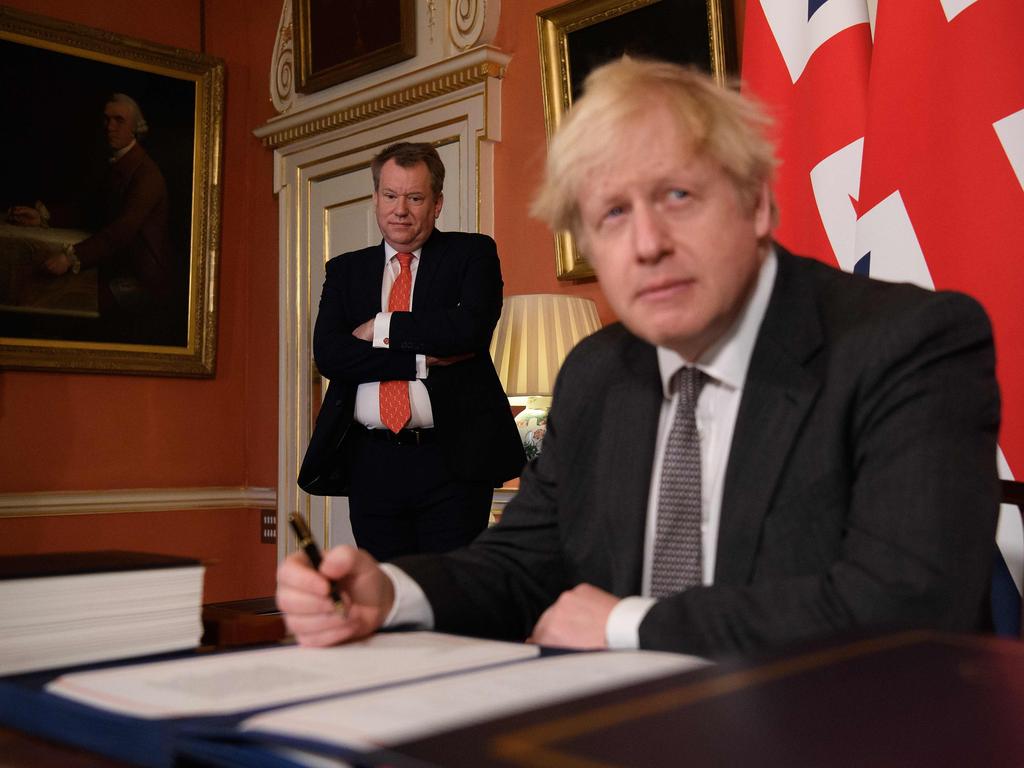
“Those of us who campaigned for Britain to leave the EU never sought a rupture with our closest neighbours.
“We would never wish to rupture ourselves from fellow democracies beneath whose soil lie British war graves in tranquil cemeteries, often tended by local schoolchildren, testament to our shared struggle for freedom and everything we cherish in common.
“What we sought was not a rupture but a resolution, a resolution of the old and vexed question of Britain’s political relations with Europe, which bedevilled our post-War history.”
EU DENIES NEW CHINA DEAL WILL HARM US RELATIONS
The Brexit news came as the EU signed a major investment deal with Beijing, despite concerns over labour and human rights.
European Union leaders and China’s President Xi Jinping approved “in principle” a major investment pact, despite global concerns over China’s role in the spread of the coronavirus and its human rights record.
“Today, the EU and China concluded in principle negotiations on an investment agreement,” European Commission President Ursula von der Leyen said.
And EU leaders were desperate to stress the deal with Beijing should not be seen as an attack on the US.
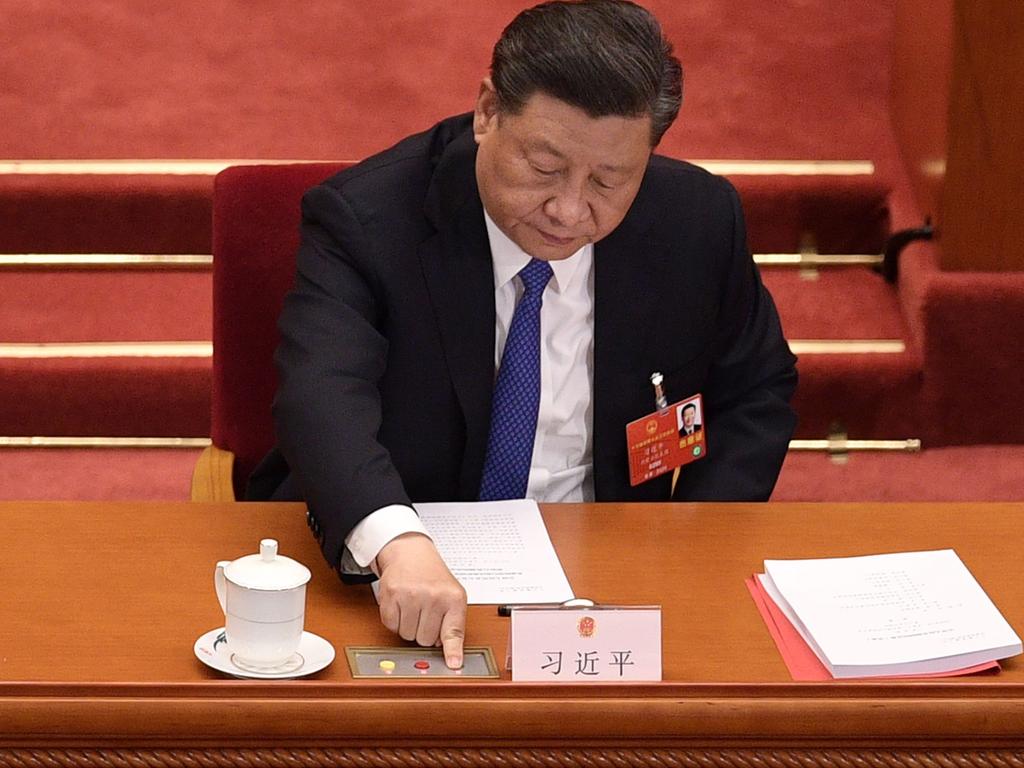
AFP reports that China’s state news agency Xinhua confirmed that the two sides had “completed investment agreement negotiations as scheduled.”
And according to China’s state-run Xinhua news agency, China’s Xi couldn’t help but take a not so subtle swipe at the US, saying Europe and China were “the world’s dual major forces, markets and civilisations”.
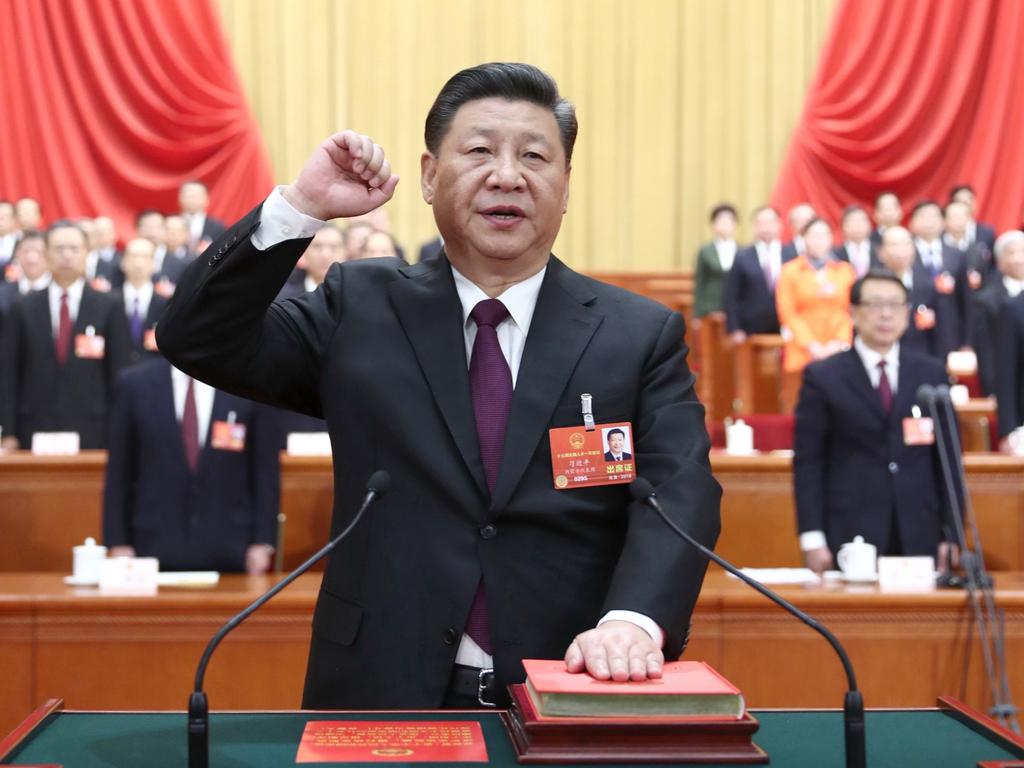
The European Union and China approved “in principle” a major investment pact that Brussels hopes will open up lucrative opportunities, despite concerns about Beijing’s rights record.
EU chiefs Ursula von der Leyen and Charles Michel agreed with China’s President Xi Jinping to wrap up seven years of painstaking negotiations during a video conference that also included German Chancellor Angela Merkel and French leader Emmanuel Macron.
The bloc said the deal, which is still expected to take months to be finalised and fully ratified as a legal text, was of “major economic significance” and had seen China commit to “an unprecedented level of market access for EU investors”.
China’s state-run Xinhua news agency cited Xi saying the agreement “demonstrates China’s determination and confidence to promote high-level opening up”.

Von der Leyen, meanwhile, tweeted: “This agreement will uphold our interests and promotes our core values. It provides us a lever to eradicate forced labour.”
But the end of year rush to conclude the political part of the agreement could upset US President-elect Joe Biden as he prepares to enter the White House, hoping to co-ordinate with his western allies.
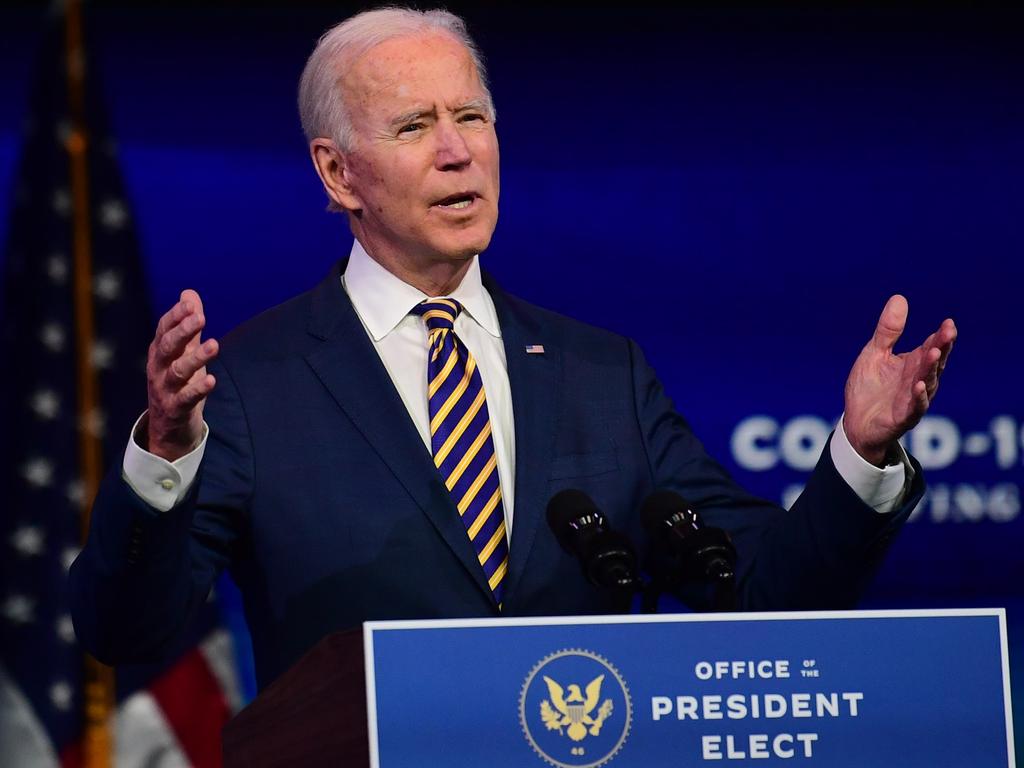
Europe has long sought to increase access for its companies to China’s vast markets, but Beijing’s lack of respect for international labour standards had remained a final hurdle to an agreement.
Brussels insists the Comprehensive Agreement on Investment (CAI) is the “most ambitious” anyone has convinced China to sign — lowering barriers for EU businesses, bolstering competition and strengthening environmental protection.
The bloc says it has also managed to get Beijing to agree to “continued and sustained efforts” to ratify International Labour Organization (ILO) conventions on forced labour.
“We have to remain realistic: this deal will not solve all the China-related challenges we face, of which there are many,” EU executive vice president Valdis Dombrovskis said “However, it ties China into significant commitments in the right direction — more than it has ever agreed before”.
But European politicians warned that there is no way to compel China to make good on worker rights.
And some in Brussels accuse Beijing of running a “government-led system of forced labour” targeting the Uighur and other Muslim minorities in Xinjiang province.
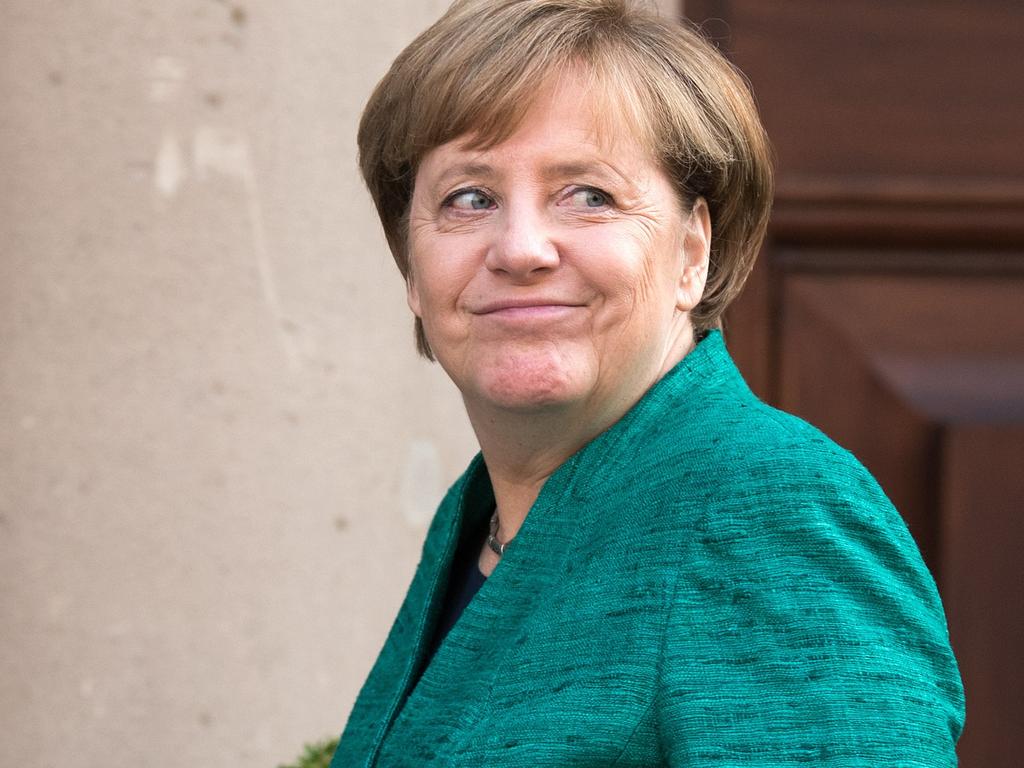
China pushed past the United States in the third quarter of this year to become the EU’s top trade partner as the pandemic disrupted the US economy while Chinese activity rebounded.
The political accord comes just weeks before Biden will be sworn in as US president and with his team expressing concern over the EU’s outreach to Beijing and urging Brussels to consult with Washington.
As the EU has taken a softer approach on China, outgoing President Donald Trump has carried out a trade war to batter Beijing into concessions.
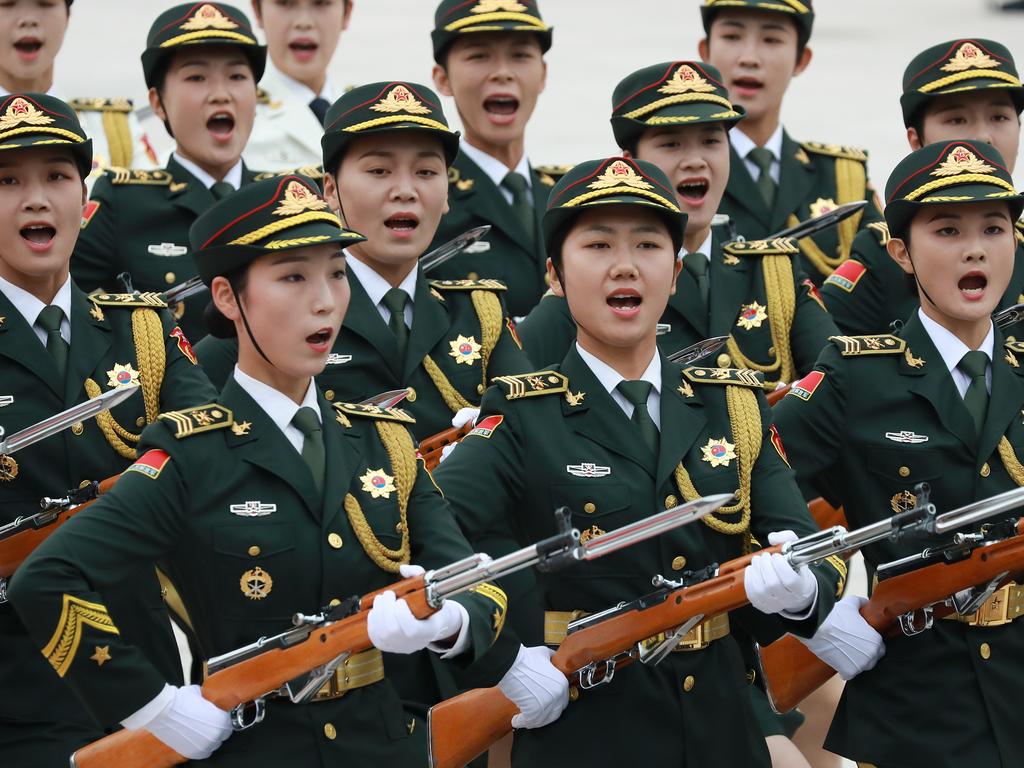
Despite vast differences with his predecessor on many issues, Biden looks set to continue a tough line, although he is looking to forge a more multinational front to tackle Beijing.
The EU insists the investment agreement with China — which it views as a “systemic rival” — will not hamper its relations with the new US administration and says it in part matches the “phase one” trade deal Trump inked with Beijing in January.
EU GREEN LIGHTS POST-BREXIT TRADE DEAL
The 27 EU member states gave the green light on Monday for the post-Brexit trade deal to go into effect on January 1, a spokesman said.
Ambassadors from EU capitals met in Brussels to nod through the accord, using a procedure which will take effect on Tuesday.
This will provisionally allow tariff-free trade with Britain to continue after it leaves the EU single market at the New Year.
Sebastian Fischer, spokesman for the German presidency of the EU, said: “EU Ambassadors have unanimously approved the provisional application of the EU-UK Trade and Cooperation Agreement.”
The member states’ adoption of the plan allows it to come into effect in time to head off disruption of cross-Channel trade.
But the deal must still be ratified retrospectively by the European Parliament, probably in late February.
It comes as British Prime Minister Boris Johnson hailed the “immense moment” Britain took back control of the country’s destiny as he finally sealed a Brexit deal with the European Union.
The UK and the EU struck the last-minute trade deal on Christmas Eve (local time) after 10 months of intense negotiation allowed them to soften the economic shock of Brexit.
When the UK leaves the EU single market at the New Year it will not now face tariffs on cross-Channel commerce, despite breaking off half a century of close partnership.
“We’ve taken back control of our laws and our destiny. We’ve taken back control of every jot and tittle of our regulation in a way that is complete, and unfettered,” Mr Johnson declared.
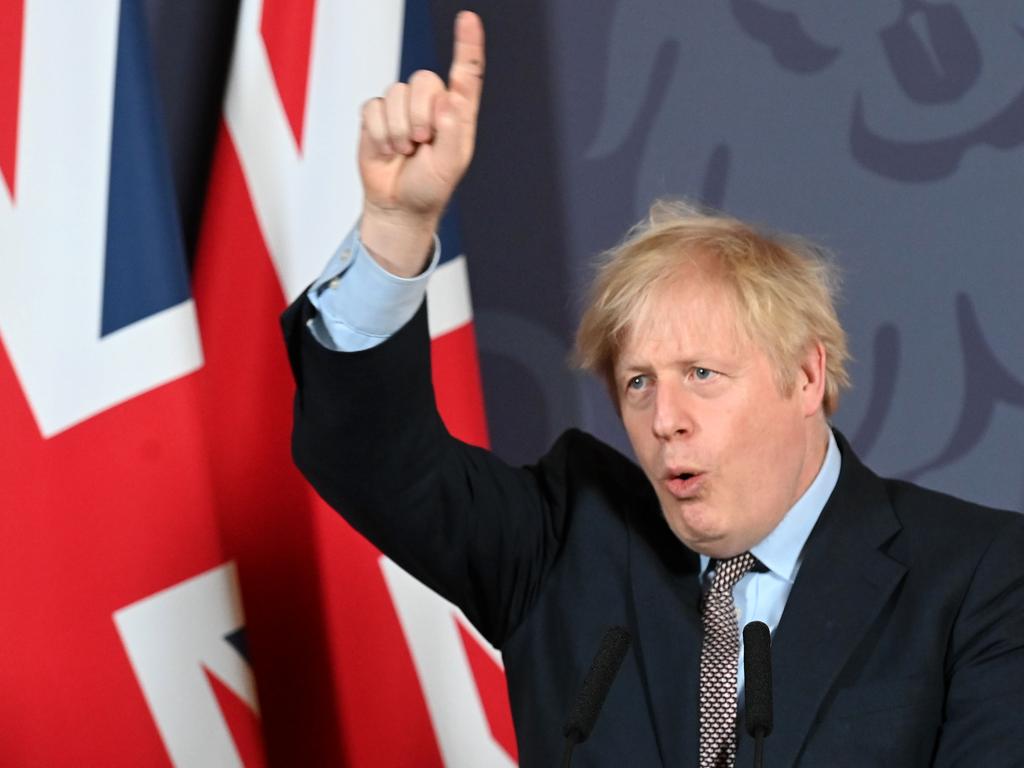
Mr Johnson vowed it was now up to Britain “as a newly and truly independent nation to realise the immensity of this moment and to make the most of it” as he revealed a pact to trade freely with Brussels from next year.
Four years, five months and 29 days after the British people voted to leave the EU, Mr Johnson declared Britain would finally be able to set their own rules from January 1 and strike out on their own – after 40 years shackled to Brussels.
EU Commission president Ursula von der Leyen was more measured.
“At the end of a successful negotiations journey I normally feel joy. But today, I only feel quiet satisfaction and, frankly speaking, relief,” she said, citing British playwright Shakespeare: “Parting is such sweet sorrow.”
The deal is done. pic.twitter.com/zzhvxOSeWz
— Boris Johnson (@BorisJohnson) December 24, 2020
And she urged the 440 million Europeans remaining in the 27-nation union to put the drama of the four years since Britain’s Brexit referendum behind them and to look to the future.
“I say it is time to leave Brexit behind. Our future is made in Europe,” she said.
Britain formally left the EU in January after a divisive referendum in 2016, the first country to split from the political and economic project that was born as the continent rebuilt in the aftermath of World War II.
But London remains tied to the EU’s rules during a transition period that runs until midnight on December 31, when the UK will leave the bloc’s single market and customs union.
According to The Sun, Mr Johnson promised this deal will benefit the whole of Europe, too.
In a promise to Brussels he added: “This deal means a new certainty. We will be your friend, your ally, your supporter, and indeed, never let it be forgotten, your number one market.”
He described it as a “jumbo Canada style free trade deal” which resolves deeply routed discomfort with the European Union.
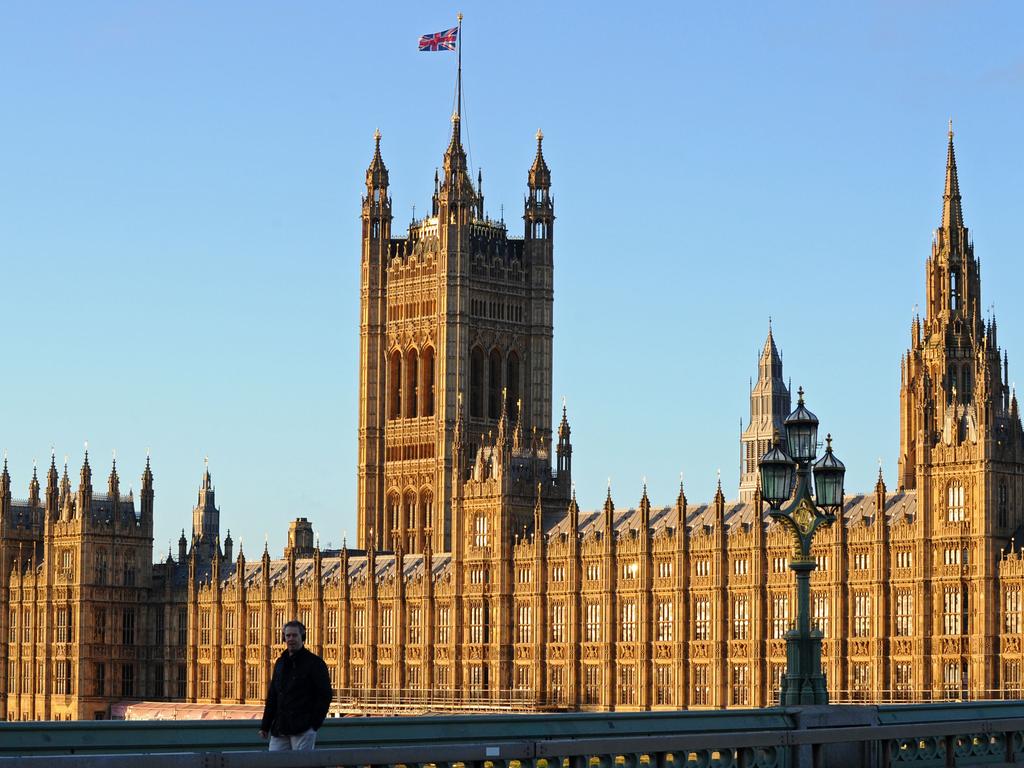
“I think we were told we couldn’t have our cake and eat it,” he quipped.
“It’s what the country needs at this time, and the right way forward for the UK.”
He vowed his deal would achieve something which the people “was told was impossible”.
The PM poked gentle fun at the EU with a fish-print tie after talks went down to the wire over fisheries.
The issue was one of the last sticking points between negotiators – and looked set to de-rail a deal just days ago.
Mr Johnson tweeted a picture of himself smiling with both thumbs lifted in the air ahead of his press conference.
“The deal is done,” he wrote.
Downing Street promised that “everything promised in the 2016 referendum was now delivered – and we would finally take back control of our money, borders, laws, fishing waters and trade”.
“The deal is fantastic news for families and businesses in every part of the UK. We have signed the first free trade agreement based on zero tariffs and zero quotas that has ever been achieved with the EU.
“The deal is the biggest bilateral trade deal signed by either side, covering trade worth £668bn ($A1.1 trillion) in 2019.”
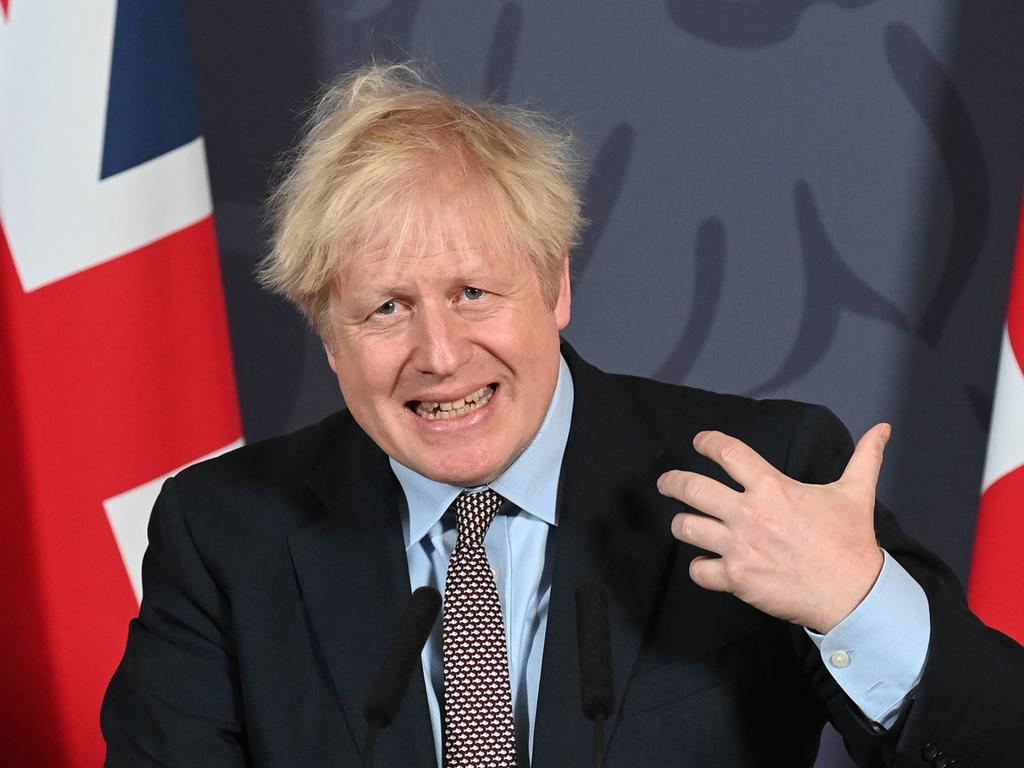
The record-breaking accord was forged in less than a year- after the withdrawal deal was signed off in January – and will allow free trade to continue without tariffs or quotas in a major win for Britain.
It means Britain will avoid a No Deal exit and trade will continue to flow; protecting jobs and allowing Brits to still enjoy holidays and low food prices.
The UK will finally cut ties with the bloc’s red tape, rules and meddlesome EU judges as promised in the historic 2016 referendum 1,645 days ago, while allowing business and trade to flourish around the globe.
And in a major concession, Brussels has dropped demands for powers to hit British goods with tariffs if we shut EU boats out of our waters in future.
‘SOLID FOUNDATIONS’
The final 2000-page agreement was held up by a last-minute dispute over fishing as both sides haggled over the access EU fishermen will get to Britain’s waters after the end of the year.
Ms von der Leyen said that although the UK would become a “third country” it would be a trusted partner.
Mr Johnson — who rode to power pledging to “get Brexit done” — insisted it was a “good deal for the whole of Europe and for our friends and partners as well”.
“It will not be a bad thing in my view to have a prosperous, dynamic and contented UK on your doorstep,” he said from Downing Street.
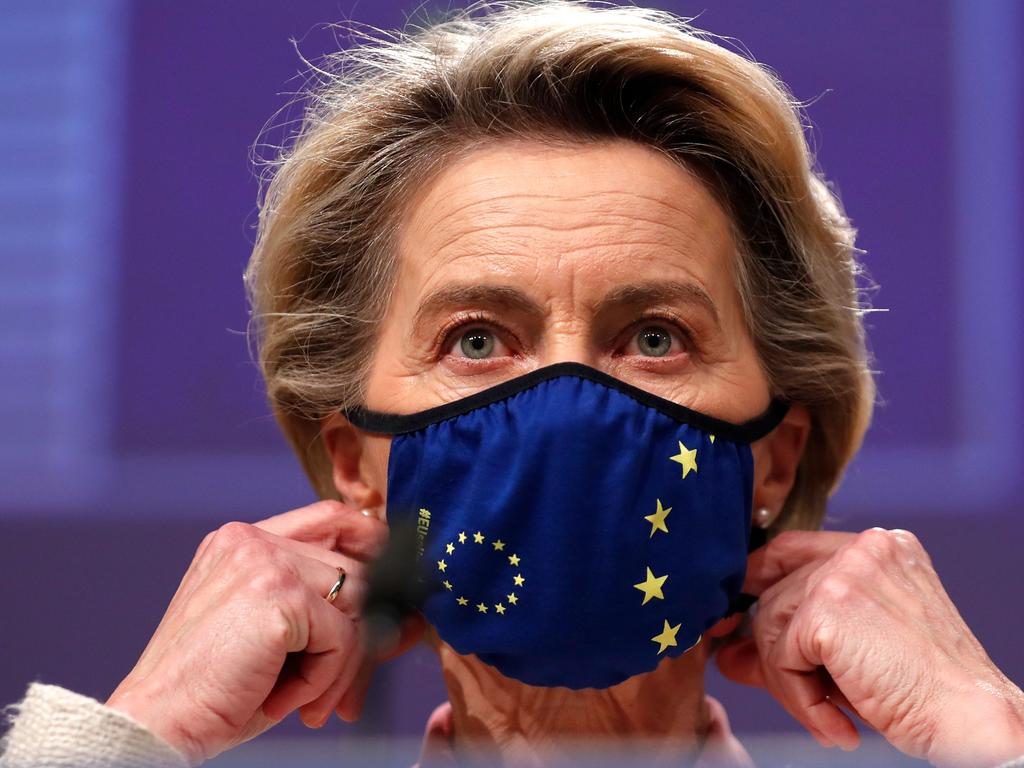
Leaders around the continent were quick to herald the 11th-hour accord that heads off the threat of Britain crashing out of the EU after 47 years of shared history with no follow-on rules.
Irish premier Micheal Martin — whose EU member state would have been hard hit by a no-deal — said the accord was the “least bad version of Brexit possible”.
“There is no such thing as a ‘good Brexit’ for Ireland. But we have worked hard to minimise the negative consequences,” he said.
German Chancellor Angela Merkel said she was “confident” that the deal was a “good outcome” as it now goes over to EU member states to agree.
For French President Emmanuel Macron — often portrayed as a bogeyman by the British press — “Europe’s unity and firmness paid off”.
EU STATES TO RATIFY
Following the announcement of the political accord, Ms von der Leyen’s Commission will send the text to the remaining 27 European member states.
Their ambassadors will meet on Friday, Christmas Day, and are expected to take two or three days to analyse the agreement and decide whether to approve its provisional implementation.
The UK parliament will also have to interrupt its end of year holidays to vote on the deal on December 30, and with the opposition backing its implementation is should pass easily.
Assuming the process goes as planned, the negotiating teams will have agreed the mammoth deal in record time.
But with Britain outside the EU single market and customs area, cross-Channel traders will still face a battery of new regulations and delays.
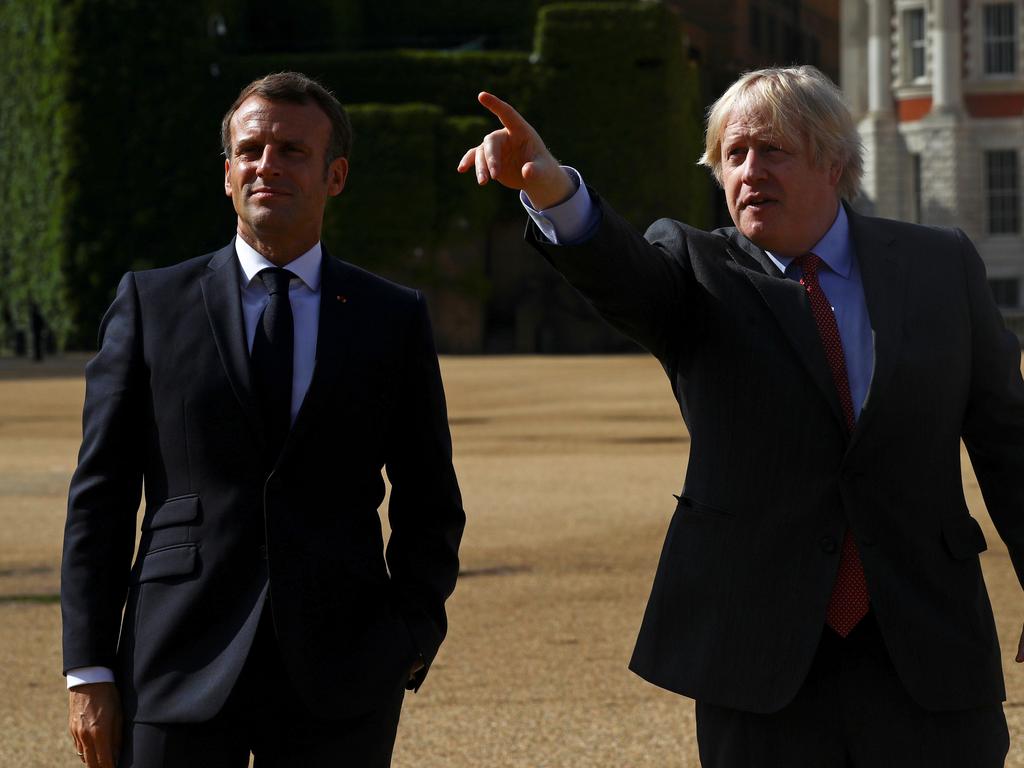
Economists expect both economies, already weakened by the coronavirus epidemic, to take a hit as supply chains are disrupted and costs mount.
Despite this, the threat of a return to tariffs will have been removed, and relations between the former partners will rest on a surer footing.
All sides will look to put a positive spin on the deal to make it look like they did not give too much away.
But it will be seen as win by Mr Johnson, as well as a success for Ms von der Leyen and her chief negotiator Michel Barnier, who led almost 10 months of intense talks with Britain’s David Frost.
After the shock 2016 referendum, in which British voters narrowly chose to leave the union, Brexiteers boasted that they could win the “easiest trade deal in history”.
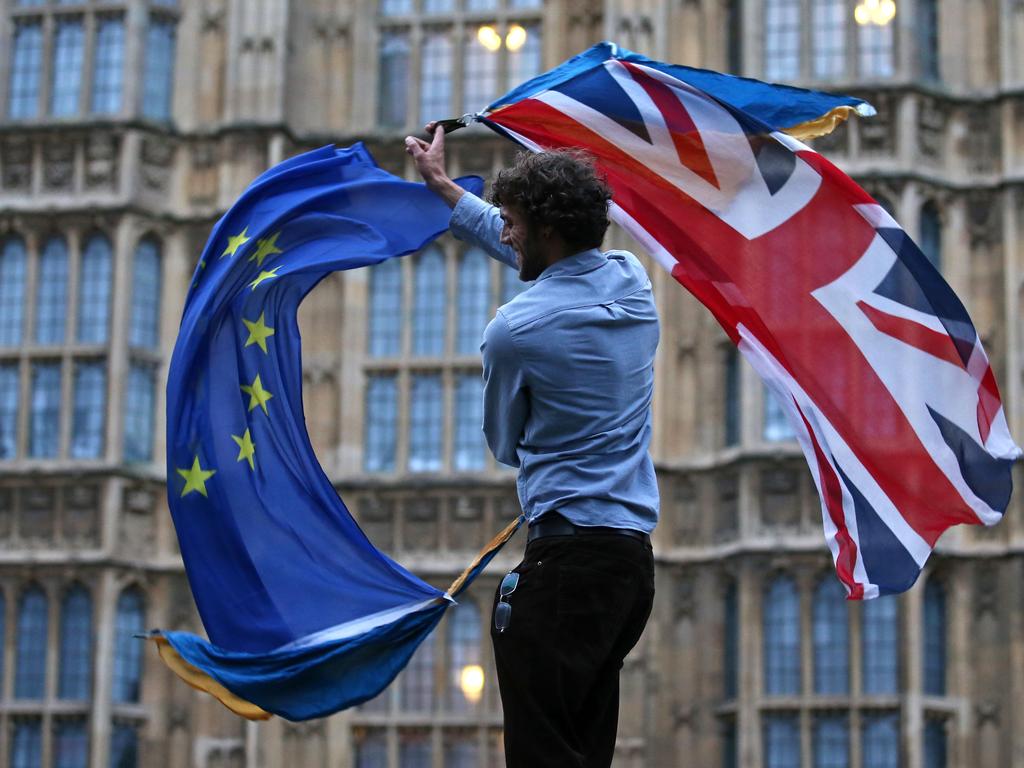
But European capitals were concerned that if such a large rival on their doorstep were to deregulate its industry their firms would face unfair competition.
Brussels insisted the only way to keep the land border between Ireland and the UK open was to keep Northern Ireland, a British province, within its customs union.
And members baulked at giving up access to Britain’s rich fishing waters, which support fleets in France, Belgium, Denmark, Ireland and the Netherlands.
It was the question of fish that emerged as the last stumbling block as late as this week, when member states — led by France — rebuffed UK demands.
London pushed to reduce EU fishing fleets’ share of the estimated 650-million-euro ($A1 billion) annual haul by more than a third, with changes phased in over three years. The EU was insisting on 25 per cent over at least six years.
In the end, the final agreement settled on the EU’s figure but cut the length of the transition period during which it would be phased in to five-and-a-half years, an EU official said.
After this time access to Britain’s fishing grounds will be negotiated on an annual basis.
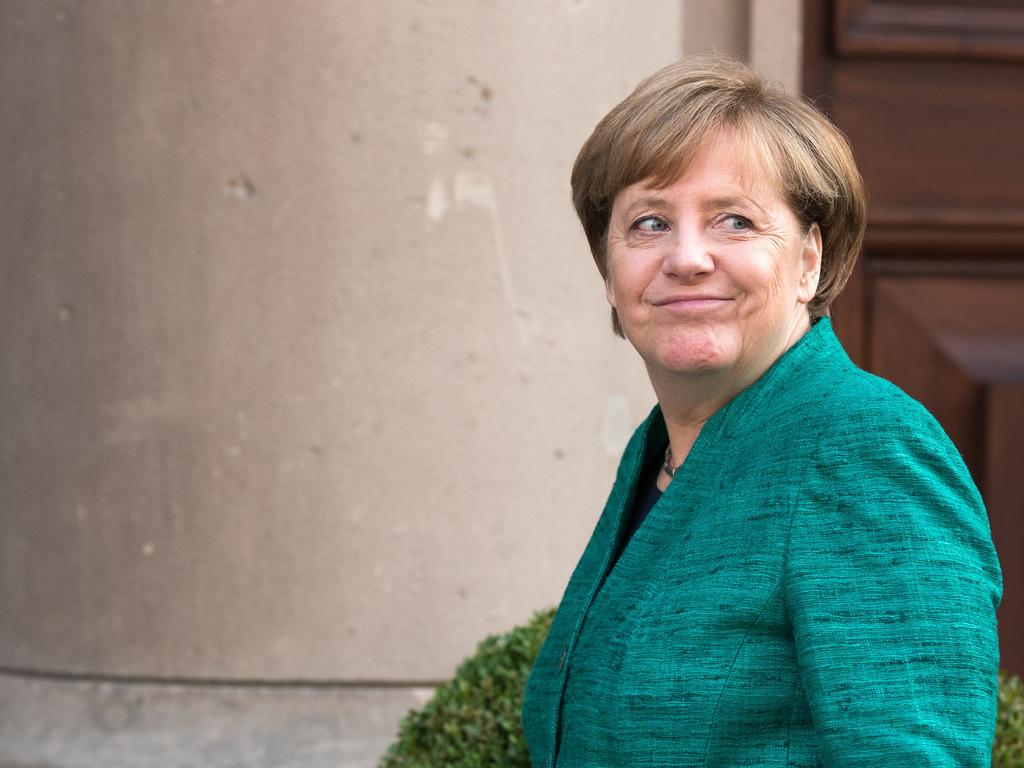
Originally published as Brexit deal: The ink on the deal with the EU was barely dry before the first problem surfaced for Brits




